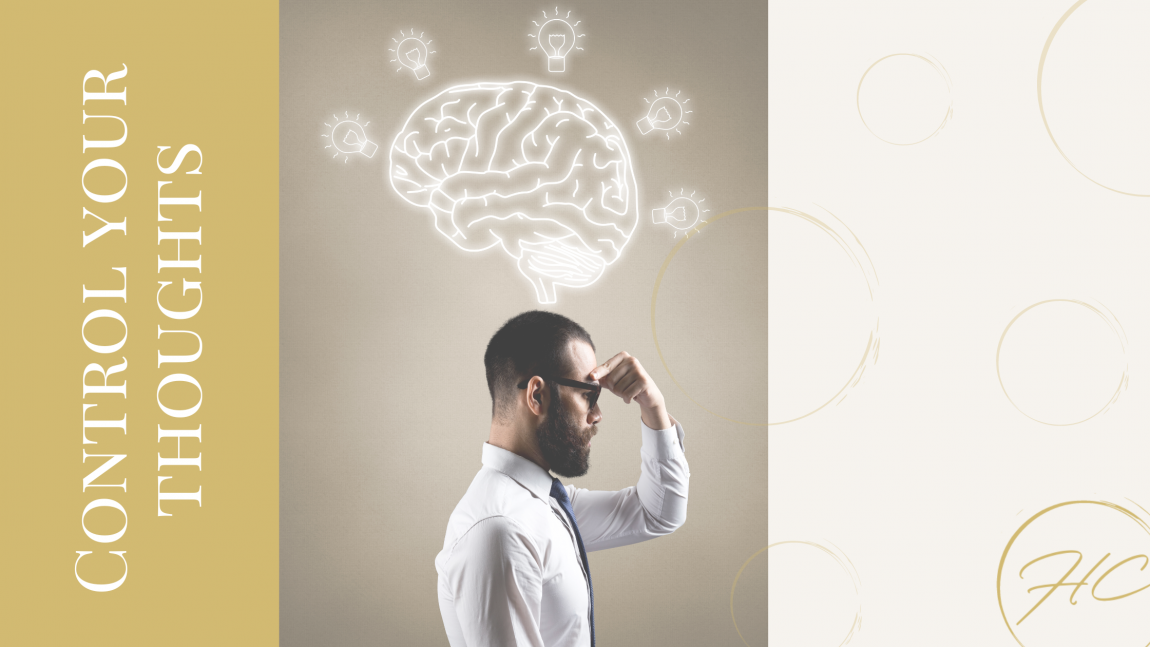
Throughout history, gurus from Buddha to the Dali Lama to Yoda have taught the importance of clearing your thoughts to overcome obstacles, but does their sage wisdom carry any validity? Is there really a correlation between the ability to control your thoughts and psychological resiliency? Researchers recently sought to answer this question and determine the neurophysiological framework behind the answer. Spoiler alert: their findings did not explain how Luke Skywalker could levitate.
In their paper “High Thought Control Ability, High Resilience: The Effect of Temporal Cortex and Insula Connectivity,” researchers Liang Shi, Zhiting Ren, and Jiang Qiu of Beijing Normal University claim that the inspiration for their 2021 research was motivated by the challenging COVID-19 pandemic, in which healthcare practitioners observed an enormous disparity between patients who were able to emotionally bounce back from the stress associated with COVID-induced pneumonia versus patients who were not. Based on previous research, the authors wondered if the ability of some patients to control unwanted thoughts could predict resiliency.
These researchers hypothesized that thought control ability positively correlated with resiliency, which they defined as “the ability to rebound from adversity” (Shi et al., 2021, p. 60). They also sought to better understand which specific brain regions were responsible for Yoda’s sage advice that thought control could be a protective factor for resiliency. While previous studies had discovered various brain regions involved in psychological resiliency alone, no other study examined the connection between thought control ability and resiliency.
To answer their questions, the researchers conducted an experiment on 68 healthy college students, 21 of which were males. First, the students were measured on a Psychological Resilience scale and Thought Control Ability Questionnaire (TCAQ), each with 25 questions. These scales determined the degree of resiliency or ability to control unwanted thoughts. Next, the students received whole-brain fMRI scans. The researchers then created a whole-brain atlas that looked for connections between the edges of the brain. Finally, they created a matrix to compare the imaging results with the test scores from the resilience and TCAQ scales.
The results showed that Yoda was correct (and that they discovered the perfect assessment for young padawans). The test scores for the Physiological Resilience scale and the Thought Control Ability Questionnaire were positively correlated, showing that thought control ability could be a protective factor of resilience. Additionally, these tests positively correlated with functional connectivity between the temporal cortex, specifically the left superior temporal gyrus, and the post insula. The results were consistent throughout the various analysis and demonstrated that the stronger the connection between these two seemingly disparate parts of the brain, the higher the
scores in both the resiliency and thought control ability scales. This connection could explain why some COVID patients emotionally bounced back from their pneumonia, whereas others suffered stress-related mental illness.
Although gurus have recommended thought-control for centuries, results from hard-scientific studies like this will help neuroscientists and psychologists develop better tools to improve psychological resilience for trauma survivors, COVID-pneumonia
patients, Jedi, and anyone else struggling to bounce back from adversity. But unfortunately, this paper is limited in its ability to explain how the temporal cortex, involved in emotion perception and memory, and the insula, involved in high-level cognitive control and emotional flexibility, are functionally related.
More research is needed to understand precisely how and why these two brain regions are connected. Still, this paper successfully suggests that your ability to control unwanted thoughts can increase your level of resiliency which opens the door for more
research to examine interrelated mechanisms in thought control and resiliency, specifically how these two brain regions process information. Future research should also investigate whether positive or negative affect mediates the mechanisms.
The findings are also significant enough to beg readers to consider their own experience with thought control and its relationship to resilience. In lieu of the Psychological Resilience and the TCAQ scales, do you notice any correlation between thought control and resilience in your psyche? If the answer is yes, then what does that mean for the importance of meditation? How does that change the way we need to communicate with each other? If we want resilient children, resilient organizations, and a resilient society, how does this change the way we parent, lead, teach, and govern? Based on this research, in an optimal setting, would we all be best served to become more like Yoda?
Regardless of the answers to these existential questions, we now know that gurus like the Dali Lama and Yoda were correct in suggesting that a clear mind can better overcome obstacles like COVID-induced pneumonia. Thanks to researchers Liang Shi, Zhiting Ren, and Jiang Qiu, we have a more thorough understanding of why their sage wisdom stood the test of time.
References
Shi, L., Ren, Z., & Qiu, J. (2021). High Thought Control Ability, High Resilience: The Effect of Temporal Cortex and Insula Connectivity. Neuroscience, 472, 60–67. https://doi.org/10.1016/j.neuroscience.2021.07.034
Written by Sarah Hodges
FREE Self-Coaching!
Sign up for our 5 Minute Coaching Course
Just 5 minutes a day, 5 days a week, for 5 weeks is all it takes to drain your stress bucket. Sign up for our FREE 5 Minute Coaching course delivered right to you inbox.

Share
You May Also Like
Triggered? Find Power in the Pause.
November 14, 2018
Self-Care 101 for Startup Founders
April 23, 2020
How Better Self-Care Makes You More Money
April 23, 2020
Ghosts of Your Past – How to Stop the Haunt
October 29, 2018